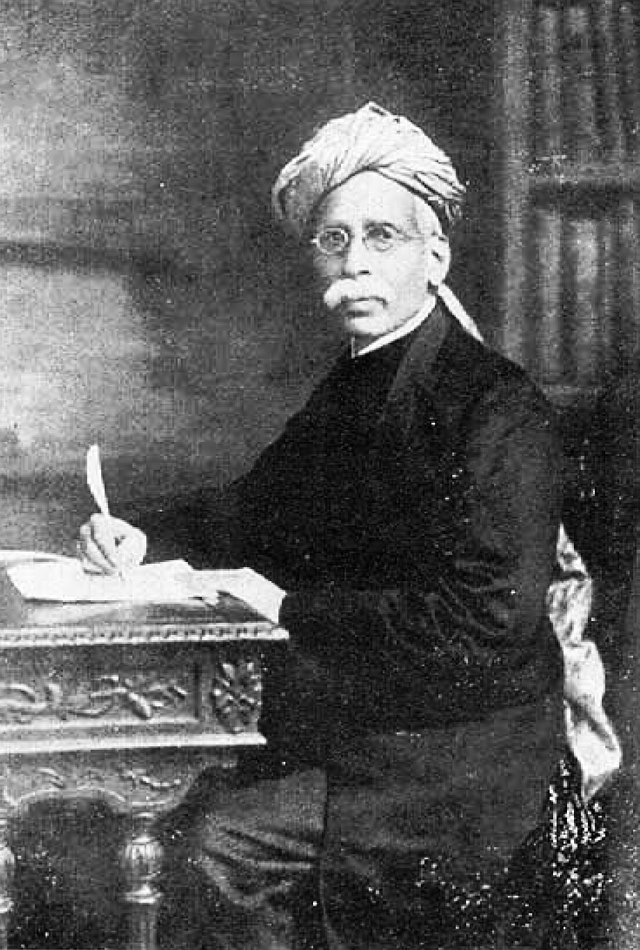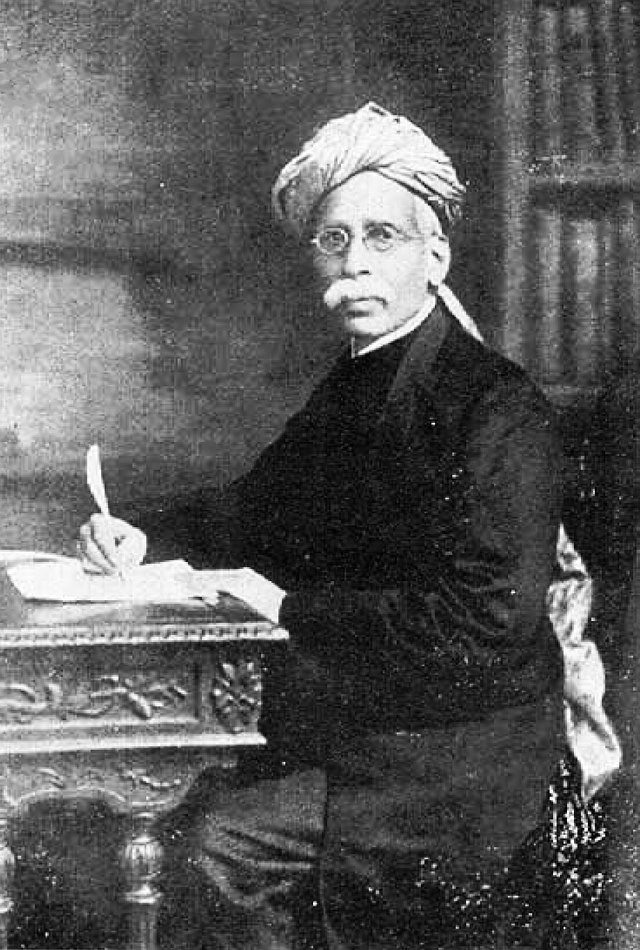The colonial era in India was a time of immense struggle, exploitation, and oppression. Economic Development During Colonial Era However, amidst the chaos and hardships, there were individuals who stood up against the British Raj and the systemic injustices. One such remarkable personality was Madhusudan Das, an ingenious visionary who played a crucial role in the economic development of Odisha, a state in eastern India.
Madhusudan Das Economic Development During Colonial Era was a lawyer, politician, and social reformer who dedicated his life to the cause of India’s independence and the upliftment of his people. Born in 1848 in a zamindar family, he grew up witnessing the atrocities committed by the Britishers on the local population. This fueled his determination to bring about a change and contribute to the economic development of his homeland.
Inspired by the principles of self-reliance and nationalism, Economic Development During Colonial Era Madhusudan Das envisioned a future where Odisha would thrive economically and its people would be empowered. He firmly believed that self-sufficiency and entrepreneurship were key to achieving this goal. To convert his vision into reality, he developed several ingenious ideas and strategies.

You can read our another post on Twin Temple of Gandharadi: A Marvel of Ancient Architecture
One of his most significant contributions to economic development was the establishment of the Utkal Chamber of Commerce and Industries in 1903. This organization aimed to promote trade and commerce in Odisha and provide a platform for businesses to flourish. Economic Development During Colonial Era Madhusudan Das actively worked towards attracting industrial investments to the state, encouraging indigenous entrepreneurship, and creating employment opportunities.
Furthermore, Economic Development During Colonial Era Madhusudan Das strongly advocated for the development of infrastructure, such as railways, roads, and ports, to facilitate trade and commerce. He played a crucial role in lobbying for the construction of the Cuttack-Paradip railway line, which proved instrumental in boosting the region’s economy by enabling easy transportation of goods to and from the port.
In addition to his efforts in promoting trade and infrastructure development,Economic Development During Colonial Era Madhusudan Das emphasized the importance of education and skill development. He believed that a well-educated and skilled workforce was crucial for the growth of any economy. As a result, he established numerous educational institutions, including the Economic Development During Colonial Era Cuttack Law College, to provide quality education to the youth and equip them with the necessary skills for economic prosperity.
Madhusudan Das also worked tirelessly towards empowering the marginalized sections of society, particularly the farmers. He introduced modern agricultural practices and encouraged peasants to adopt new farming techniques, which significantly improved agricultural productivity. His focus on rural development laid the foundation for a robust agrarian economy in Odisha.
The impact of Madhusudan Das’s innovative ideas and initiatives is still evident today in Odisha’s economic landscape. His vision and efforts have resulted in the state’s continued progress and prosperity. The Utkal Chamber of Commerce and Industries remains a vital institution, promoting trade and entrepreneurship, while the educational institutions he established continue to produce skilled professionals who contribute to the state’s workforce.
Madhusudan Das’s contribution to economic development during the colonial era is a testament to the power of innovation, determination, and leadership. Despite the oppressive colonial rule, he tirelessly worked to uplift and transform his state’s economy. His ingenious ideas and strategies continue to inspire generations of entrepreneurs and leaders in their quest for economic development and progress.
More: Wanted to download Odishashop.com visit here
Write A FAQ For Economic Development During Colonial Era: An Ingenious Idea of Madhusudan Das
1. How did Madhusudan Das contribute to economic development during the colonial era?
Madhusudan Das played a crucial role in promoting economic development by advocating for industrialization, modern education, and infrastructure development. He established several industries, including the first textile mill and the first paper mill in Odisha, generating employment opportunities and boosting the local economy.
2. What were the key ideas of Madhusudan Das regarding economic development during the colonial era?
Madhusudan Das believed in self-reliance and economic empowerment. He emphasized the need to develop indigenous industries, promote vocational training, and encourage entrepreneurship among the local population. He also focused on improving agricultural practices and expanding education to create a skilled workforce.
3. How did Madhusudan Das’s innovative ideas impact the economy during the colonial era?
Madhusudan Das’s ideas stimulated economic growth and modernization in Odisha. His efforts led to the establishment of various industrial enterprises, which not only generated revenue but also provided employment opportunities to the local population. His focus on education also helped create a skilled workforce, further contributing to economic development.
4. Did Madhusudan Das face any challenges in implementing his ideas?
Yes, Madhusudan Das faced numerous challenges in implementing his ideas. He had to overcome resistance from the colonial rulers who were skeptical about indigenous industrialization. Additionally, lack of funds and resources posed challenges in setting up industries and infrastructure. However, his determination and perseverance enabled him to overcome these obstacles.
5. What is the lasting impact of Madhusudan Das’s economic development initiatives during the colonial era?
Madhusudan Das’s economic development initiatives laid the foundation for future growth and progress in Odisha. The industries he established not only contributed to economic prosperity but also served as catalysts for further industrialization in the region. His emphasis on education and skill development also proved instrumental in creating a knowledgeable workforce, which continues to benefit the state even today.

